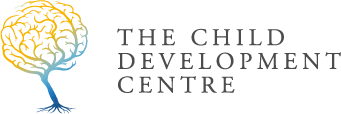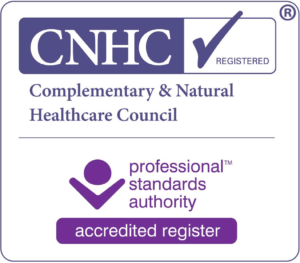Boys & Girls
Boys tend to manifest the warning signs in a more obvious physical manner and at an earlier age – 7 or 8 – than girls. They are less likely to control their hyperactivity and anti-social behaviour because boys are expected to be more overtly physical and are less anxious to conform.
Girls, on the other hand, tend to develop more successful coping mechanisms during their primary school years, reining in any hyperactivity and covering up their sensitivity, because they want to conform. Their problems are largely disguised but can emerge again through the emotions with the onset of puberty. Typically, a girl with RRS may feel easily overwhelmed and suffer from low self-esteem.



